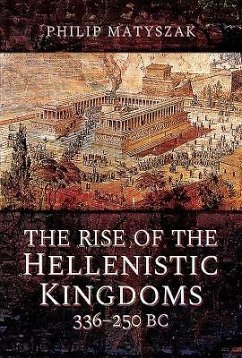
Armageddon Averted
The Soviet Collapse, 1970-2000
Versandkostenfrei!
Versandfertig in über 4 Wochen
16,99 €
inkl. MwSt.

PAYBACK Punkte
8 °P sammeln!
Featuring extensive revisions as well as a new introduction and epilogue--bringing the book completely up to date on the politics of the previous decade and the long-term implications of the Soviet collapse--this compact, original, and engaging book offers the definitive account of one of the great historical events of the last fifty years. Combining historical and geopolitical analysis with an absorbing narrative, Kotkin draws upon extensive research, including memoirs by dozens of insiders and senior figures, to illuminate the factors that led to the demise of Communism and the USSR.


















